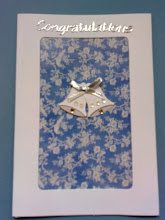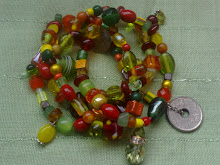I had been struggling with a pile of books that were not holding my attention and needed something I could get lost in enough to stay away from wasting time surfing the web. I spotted this book at the supermarket and brought it home with my shopping.
Where the Crawdads Sing is the story of Kya, a six-year-old
abandoned by her family to the mercy of her alcoholic father out in the swamp
land of Northern Carolina. The story moves back and forth in time between following
Kya as she grows up and finds ways to survive and the books present day (in the
late 1960’s).
The book is partly a celebration of nature, partly
the story of a young women and partly a mystery. The body of Chase Andrews, one
of two Kya’s suitors, is found in the swamp and police must find out how it
ended up there. We follow Kya as she sees each family member leave, try to find
ways to survive and forge tentative friendships, finding both love and facing
intense rejection and loneliness.
You can tell this book is written by a naturalist.
The descriptions of the swamp, its ecology and flora and fauna are just beautiful
and woven through every page of the book. The book touches on themes of prejudice,
racism and sexism. Kya is named “Marsh
Girl” and treated as an outcast as she is different – but her difference come
about because of her vulnerability – her poverty, being abandoned, her shyness.
This is the author’s first novel, but she effectively brings to life small town America in the 1950’s with its cast of vaguely familiar characters: the handsome, arrogant jock, his snobbish mother, the kind black couple who help Kya. In parts the book was a little predictable or unrealistic: we knew that Kya’s relationship with Chase wasn’t going to end well and I thought the benevolent black couple were a little conveniently placed to help Kya face her milestones (like puberty).
Despite this, I thoroughly enjoyed reading this
book. As much as the story, what stayed
with me was the deep meditation on Kya’s loneliness. Not the kind of loneliness
we experience now and again in a room of strangers, or the type we feel when we
lose someone. But a devastating, enduring, pervasive loneliness that comes with
abandonment, physical isolation and being left without a single family member or
friend.
A sweet, haunting and captivating story that carried me along and finished too soon, leaving me in tears.




































































